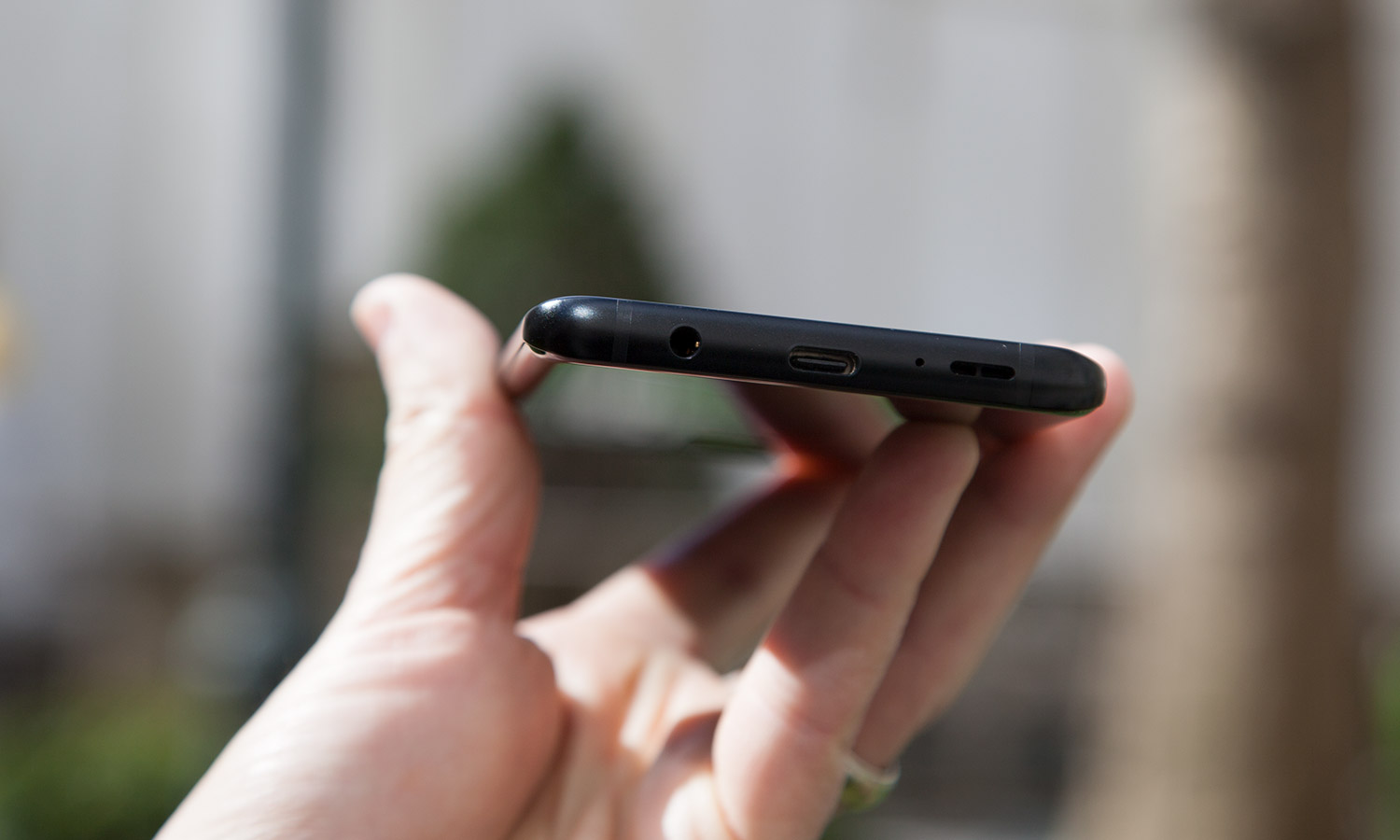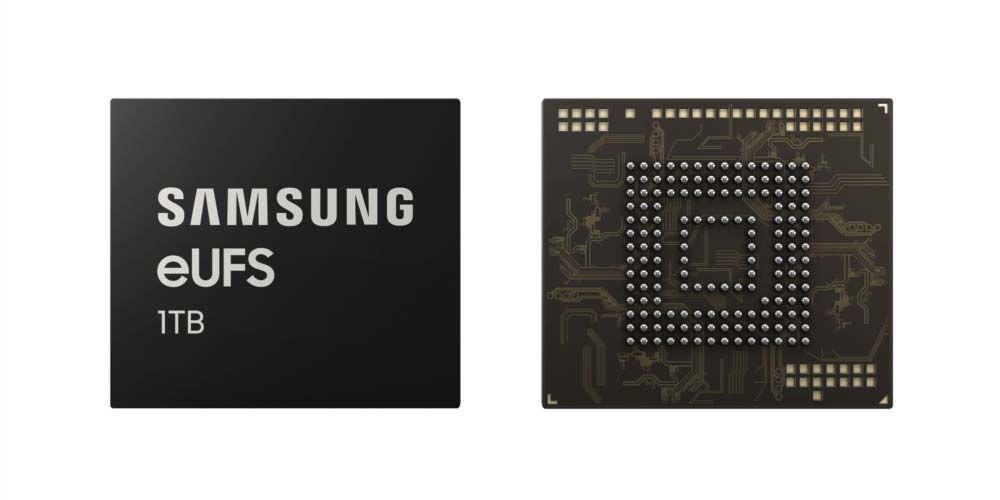Samsung Unveils 1TB Storage for Phones, May Hit Galaxy S10
The Galaxy phone maker has announced it’s manufacturing a 1 TB eUFS chip for smartphone storage. Could the Galaxy S10 be first in line?
Two-hundred and sixty 10-minute, 4K UHD videos. That’s what Samsung says you’ll be able to store on your smartphone if the handset is packing the Korean company’s new 1TB storage chip.
And this storage capacity could be making its way to the Galaxy S10.

The Galaxy smartphone maker announced today (Jan 30) that it has begun production on the world’s largest capacity line of embedded universal flash storage (eUFS). The 1TB chip offers twice the storage size as the 512GB predecessor chip found in higher-end smartphones today.
MORE: Samsung Galaxy S10 Rumors: Release Date, Price and Specs
Samsung’s new chip, set at the same speedy UFS 2.1 standard as the 512GB edition, actually reads and writes faster than Samsung’s 512GB or 256GB chips. And it does all of this at the same physical size as previous eUFS chips, meaning 1TB capacity phones of the future won’t have to add any thickness to double storage capacity.

Though Samsung hasn’t announced what phones its new storage chip will be built into, you can freely speculate that the upcoming Galaxy S10 series might offer it as a premium option, particularly if Samsung follows through on the rumor that it will offer a range-topping model with high-end features like 5G connectivity. Samsung could also hold off using the chip until it releases its next Galaxy Note phone, which typically debuts in the summer.
Smartphone makers aren’t always very forthcoming about the various vendors used for the micro-technology inside of their phones, but Samsung eUFS chips have been found in non-Samsung phones, too — the Google Pixel, for example.
Sign up to get the BEST of Tom's Guide direct to your inbox.
Get instant access to breaking news, the hottest reviews, great deals and helpful tips.
| Memory | Sequential Read Speed | Sequential Write Speed | Random Read Speed | Random Write Speed |
| Samsung 1TB eUFS 2.1 (Jan.2019) | 1000 MB/s | 260 MB/s | 58,000 IOPS | 50,000 IOPS |
| Samsung 512GB eUFS 2.1 (Nov. 2017) | 860 MB/s | 255 MB/s | 42,000 IOPS | 40,000 IOPS |
| Samsung 256GB eUFS 2.0 (Feb. 2016) | 850 MB/s | 260 MB/s | 45,000 IOPS | 40,000 IOPS |
| Samsung 128GB eUFS 2.0 (Jan. 2015) | 350 MB/s | 150 MB/s | 19,000 IOPS | 14,000 IPS |
If you’re itching for 1TB of storage in your phone right this second, it is possible to kick some of today’s 512GB handsets to that capacity by adding a 512GB microSD. The result, however, would be much slower read/write speeds than having all your storage on a single eUFS.
In other smartphone memory technology news, faster UFS 3.0 chips are scheduled to launch in 2019. While Samsung said last fall that it plans to release 128GB, 256GB and 512GB versions of that standard, the company made no mention of any terabyte-capable models. The specs on UFS 3.0 promise nearly twice the speed and lower power use.
If you’re now thinking you should wait on 1TB eUFS 3.0 chips to come out before buying your next smartphone, just remember that there are people still walking around with eMMC storage chips in their phones, and they’re still getting by. Hard to imagine, but it’s true.
Daniel Bean is a freelance writer with years of experience whose articles have appeared in Tom's Guide. He has previously worked for LinkedIn, Yahoo News, and the Observer, as well as TripleByte, Circa, Inverse, CBS, and ABC. Currently, he is full-time content lead for Mixpanel's blog, The Signal, writing about innovators and analytics.
